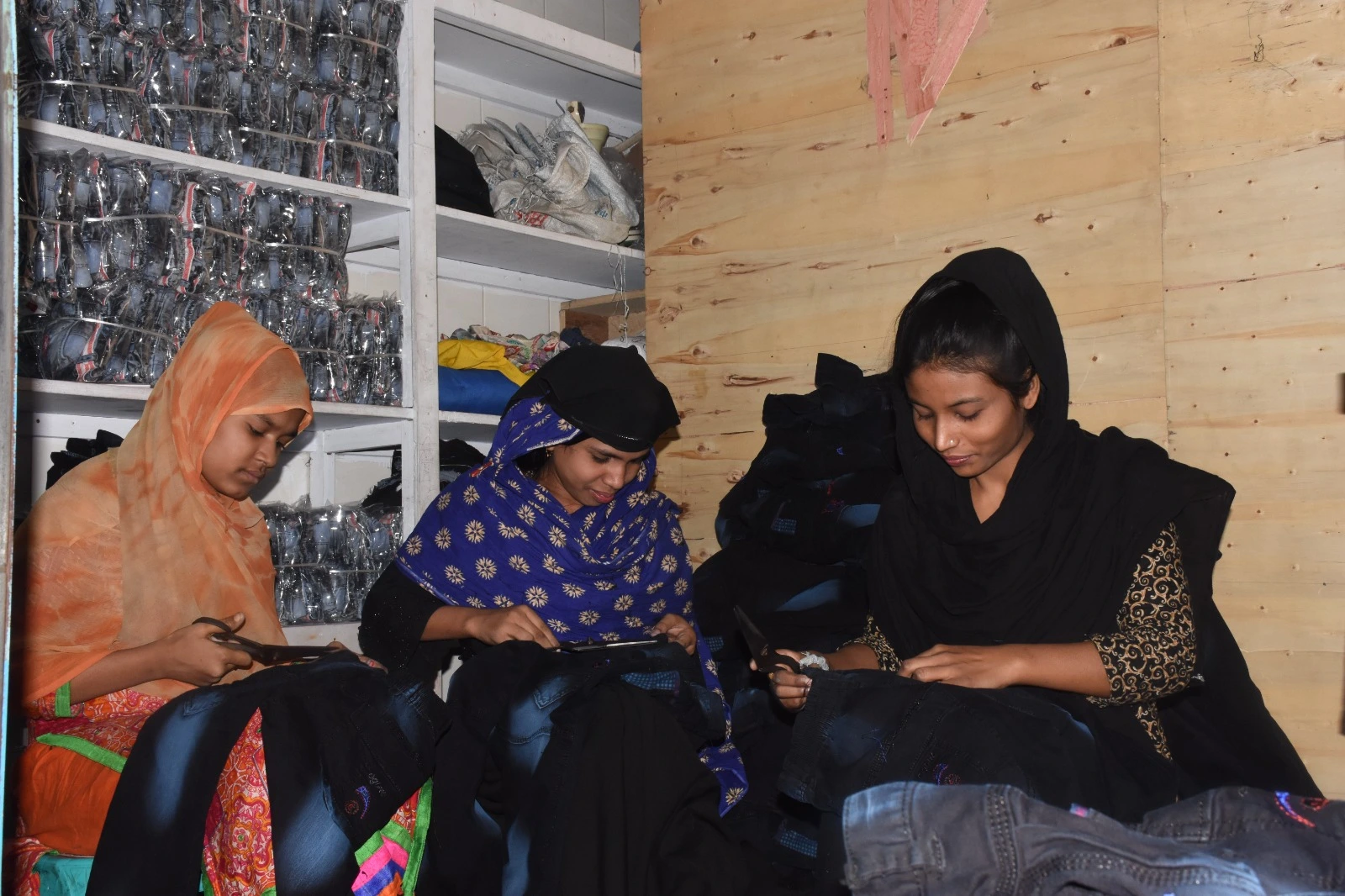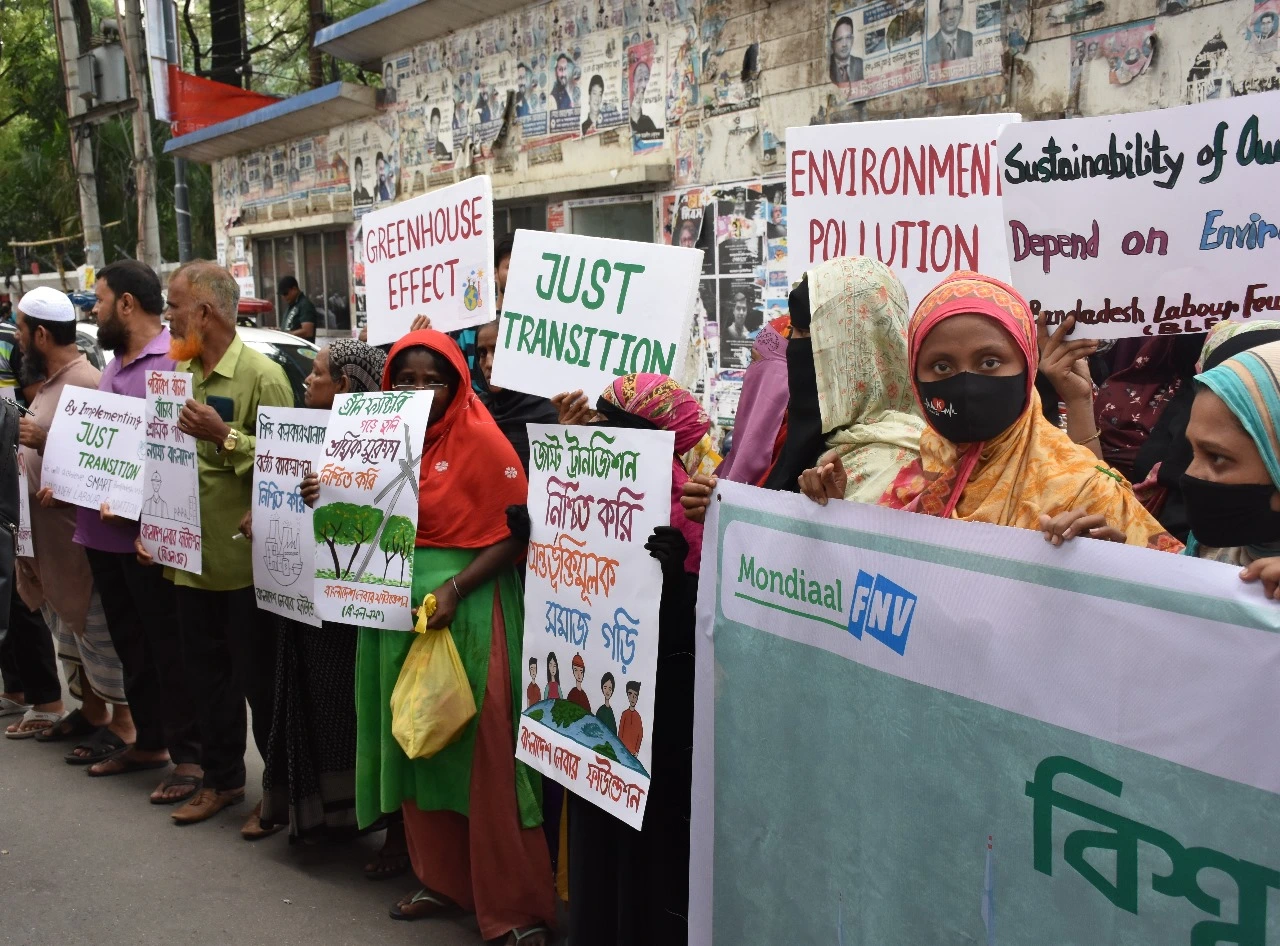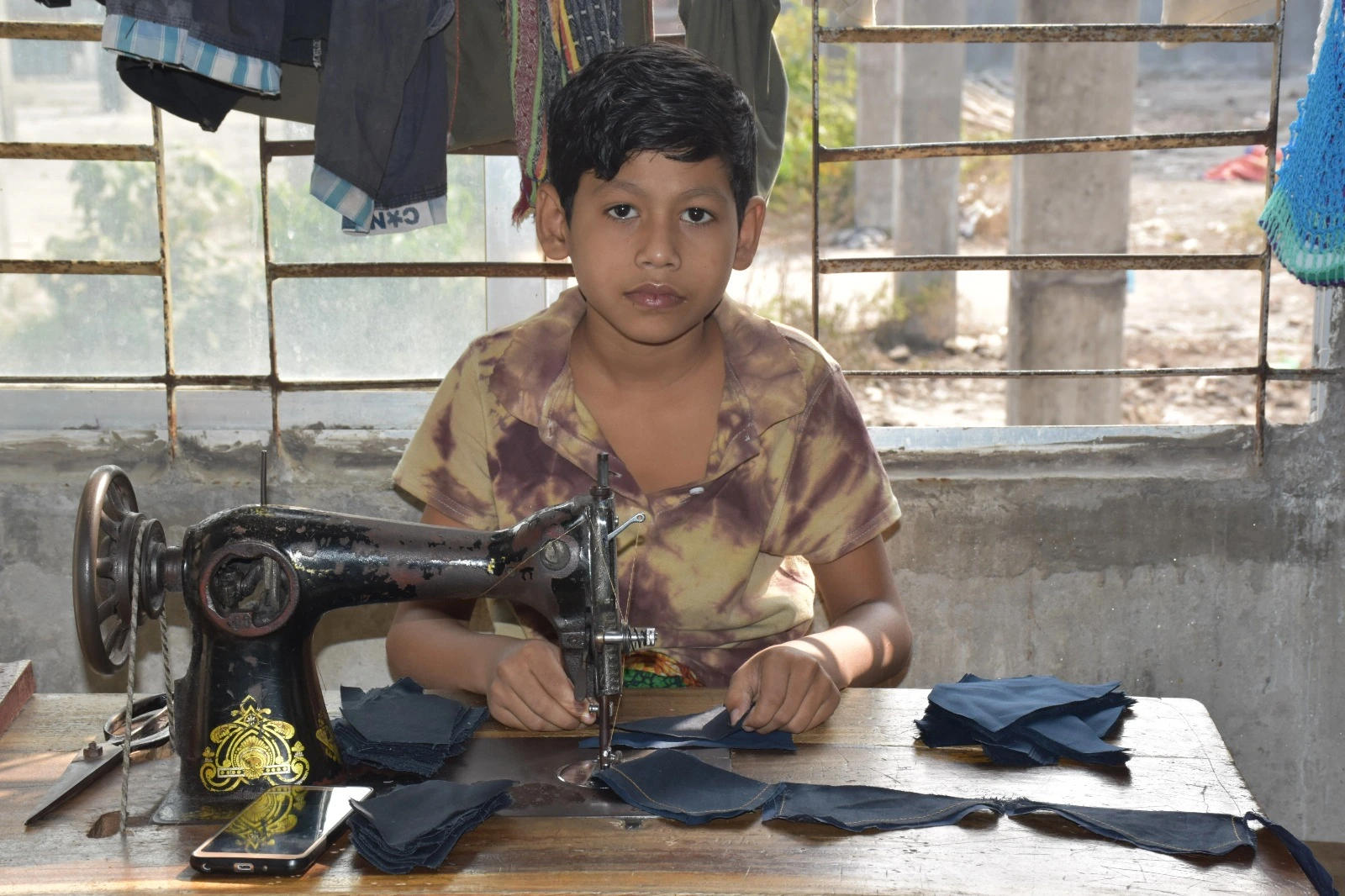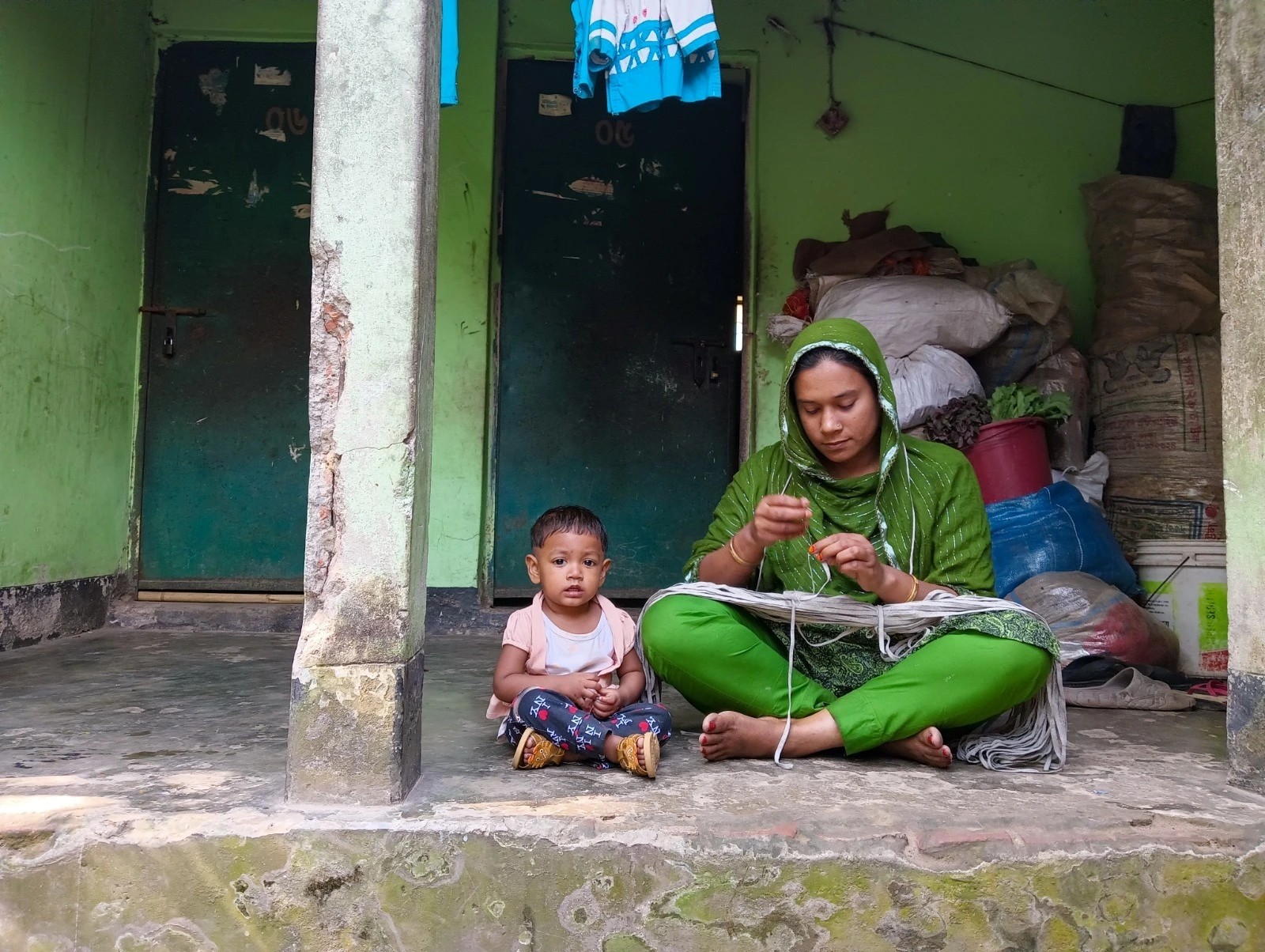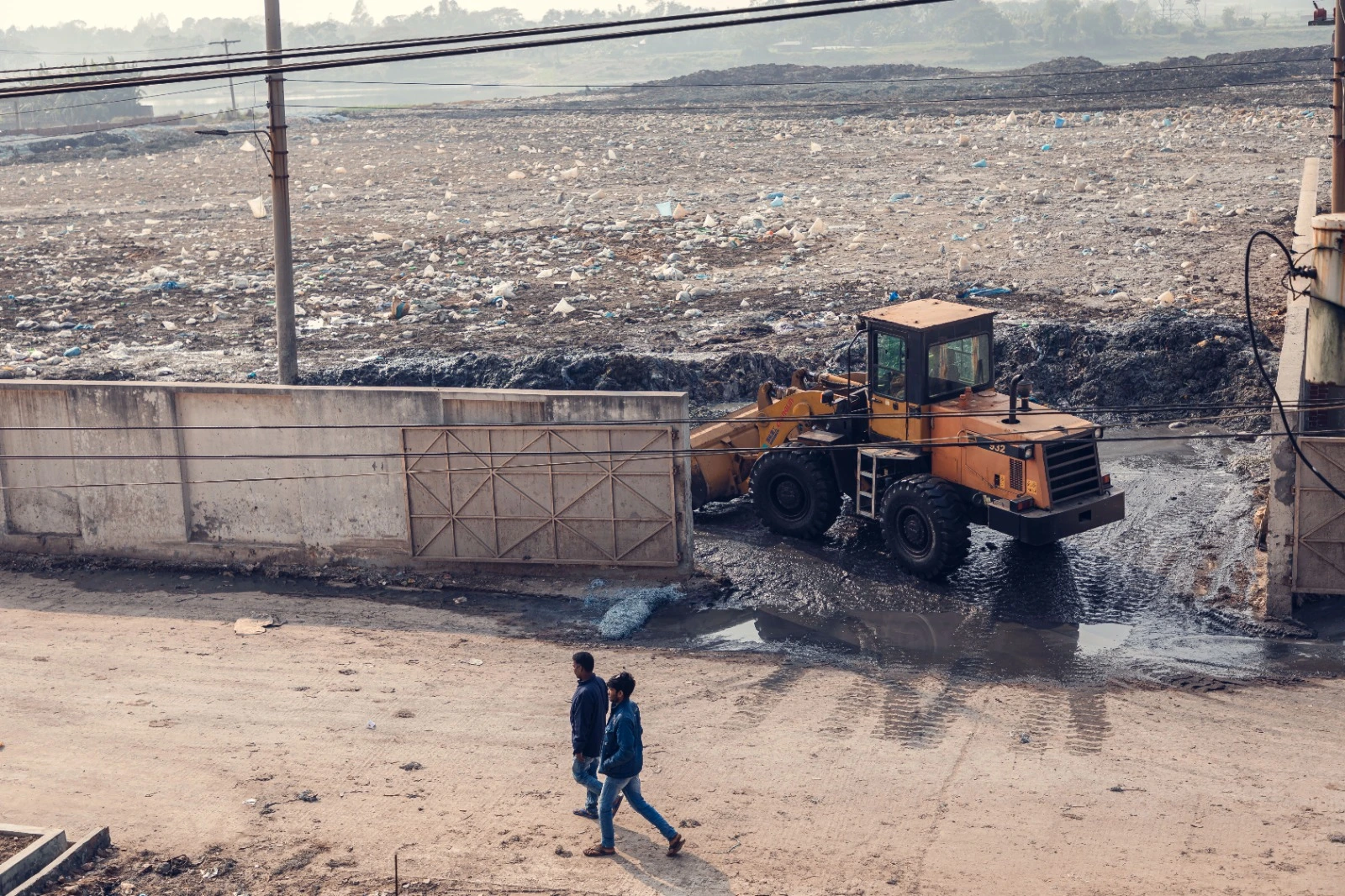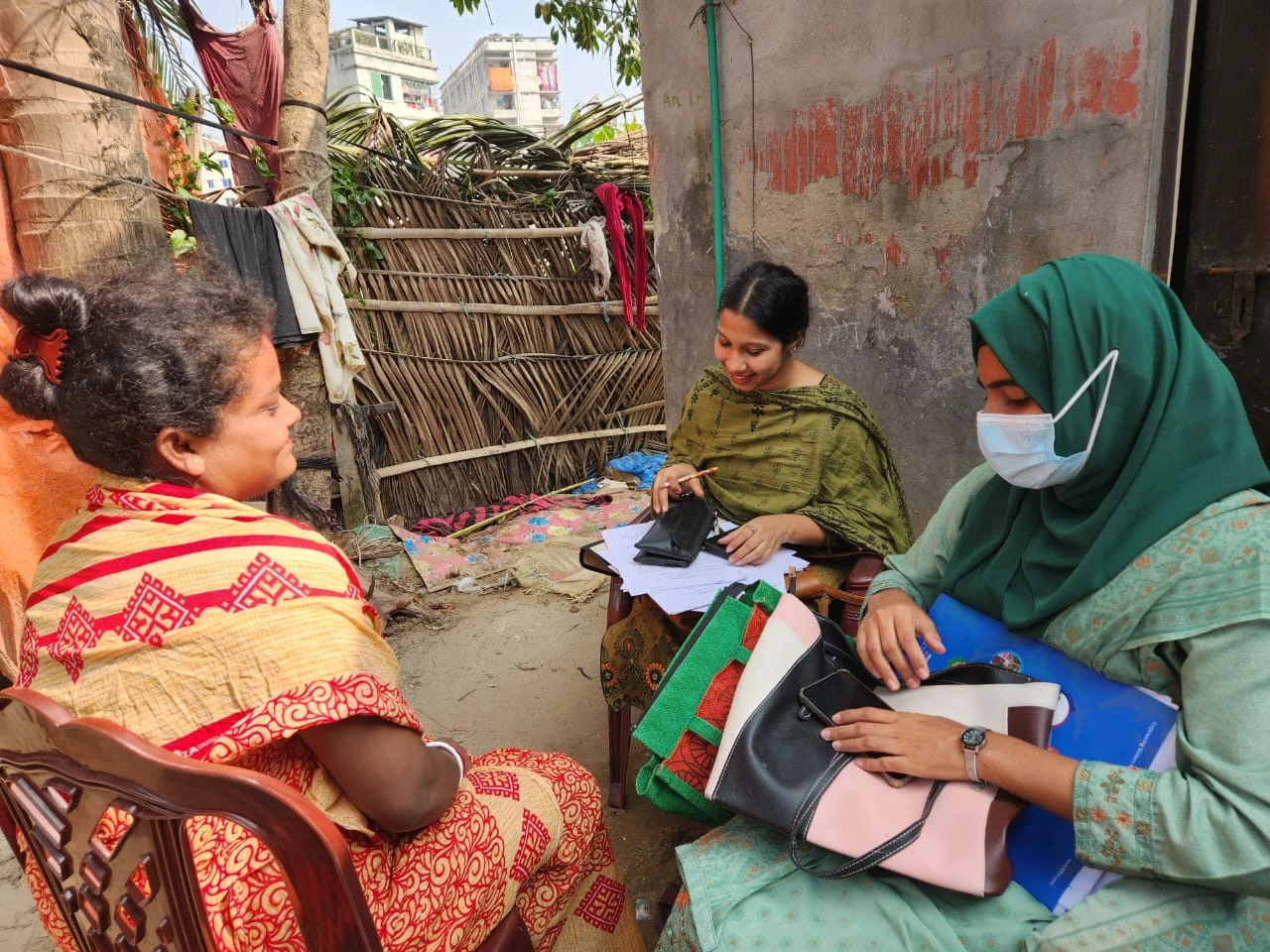Awareness Raising and Capacity Building

Awareness raising and capacity building are crucial components in enhancing the effectiveness of non-governmental organizations (NGOs). These strategies help NGOs build stronger communities, advocate for social change, and improve their operations. Here’s how both elements contribute to NGO work:
1. Awareness Raising
Awareness raising refers to the efforts made to inform the public and key stakeholders about specific issues, challenges, or causes that an NGO is working on. The goal is to raise consciousness and create a sense of urgency or understanding that leads to action, support, or policy change. This process is vital for:
- Promoting a Cause: NGOs often work on social justice, environmental protection, human rights, or other important societal issues. Raising awareness helps inform people about these causes and the NGO’s role in addressing them.
- Mobilizing Support: Awareness campaigns can mobilize resources, volunteers, and donations, as well as garner support from key stakeholders like policymakers, local authorities, and private sectors.
- Advocacy: NGOs use awareness raising to influence public opinion and policy. This can involve media campaigns, workshops, and advocacy events.
- Building Partnerships: Awareness raising can create networks of like-minded individuals, organizations, or institutions that collaborate to achieve common goals.
Methods for Awareness Raising:
- Social Media Campaigns: Using platforms like Facebook, Twitter, Instagram, and LinkedIn to spread messages quickly and to a wide audience.
- Workshops and Seminars: Hosting events to educate communities or stakeholders on key issues and possible solutions.
- Collaborations with Media: Engaging journalists, influencers, and bloggers to highlight key stories and issues.
- Public Demonstrations: Organizing events or protests to draw attention to critical matters.
2. Capacity Building
Capacity building is the process of strengthening an NGO’s internal structures and abilities to improve its effectiveness and sustainability. This can involve training staff, improving organizational systems, or enhancing partnerships. The goal is to ensure that the organization can successfully carry out its mission and achieve its goals.
Key Elements of Capacity Building:
- Training and Development: NGOs provide training for staff and volunteers to enhance their skills, knowledge, and expertise in areas such as project management, fundraising, communications, or advocacy.
- Improving Governance: Building strong governance structures within the NGO, including clear decision-making processes and effective leadership.
- Resource Mobilization: Capacity building can include developing strategies to secure funding from diverse sources like government grants, private donations, or partnerships with businesses.
- Monitoring and Evaluation (M&E): Strengthening the ability to measure the effectiveness of projects and programs. This helps NGOs learn from experiences and make informed decisions.
- Technology and Innovation: Ensuring that an NGO is using the best tools available, whether it’s project management software, data analysis tools, or digital marketing strategies.
Methods for Capacity Building:
- Workshops and Trainings: Providing specialized workshops for staff and partners to enhance their skill sets.
- Mentoring and Coaching: Senior staff or external consultants can mentor junior staff or provide coaching to enhance their work performance.
- Collaborative Learning: Encouraging knowledge sharing among different NGOs or sectors through networks, conferences, or online platforms.
- Strategic Planning: Helping NGOs develop long-term strategies for sustainability, scaling programs, and increasing impact.
Why It’s Important for NGOs:
- Efficiency and Sustainability: Capacity building ensures that NGOs operate efficiently and can adapt to changing conditions while remaining sustainable in the long run.
- Impact Maximization: With improved awareness and stronger internal capabilities, NGOs can have a more significant and lasting impact on the communities they serve.
- Advocacy and Influence: NGOs can advocate more effectively for the issues they care about, especially if they have the knowledge, resources, and networks to do so.
Synergy between Awareness Raising and Capacity Building
When awareness raising and capacity building go hand in hand, they can create a powerful cycle of change. For example, an awareness campaign can inform the public about an issue, which leads to a demand for action. In turn, an NGO can build its capacity to respond to that demand effectively, creating long-term change in the community.

